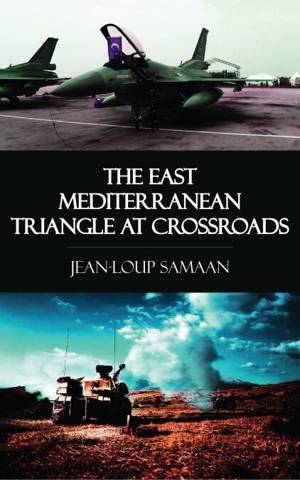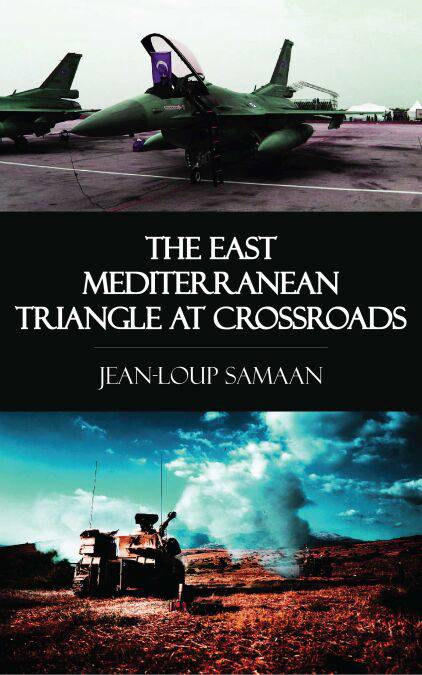
- Afhalen na 1 uur in een winkel met voorraad
- Gratis thuislevering in België vanaf € 30
- Ruim aanbod met 7 miljoen producten
- Afhalen na 1 uur in een winkel met voorraad
- Gratis thuislevering in België vanaf € 30
- Ruim aanbod met 7 miljoen producten
Zoeken
Omschrijving
The alliance system in the Eastern Mediterranean Sea has significantly evolved over the last years. The rift between Israel and Turkey since 2009 led to new strategic developments. In particular, Israeli-Greek ties have grown in earnest. Authorities in Israel and Greece have signed various trade as well as security cooperation agreements. Furthermore, the discovery of natural gas reserves in the southeastern Mediterranean has prompted cooperation between Israel, Cyprus, and Greece. This Israel-Greece-Cyprus initiative has logically triggered strong opposition from Turkey, which does not recognize the government in Nicosia and objects to the claims of the Greek Cypriot Administration over the gas reserves in the south of the island. Ankara responded by conducting air and sea military drills close to the area of the planned project, and Foreign Minister Ahmet Davutoğlu threatened that Turkey would take appropriate measures if the three countries were to go on with the project.
Specificaties
Betrokkenen
- Auteur(s):
- Uitgeverij:
Inhoud
- Aantal bladzijden:
- 53
- Taal:
- Engels
Eigenschappen
- Productcode (EAN):
- 9781531264901
- Verschijningsdatum:
- 9/03/2018
- Uitvoering:
- E-book
- Beveiligd met:
- Digital watermarking
- Formaat:
- ePub

Alleen bij Standaard Boekhandel
Beoordelingen
We publiceren alleen reviews die voldoen aan de voorwaarden voor reviews. Bekijk onze voorwaarden voor reviews.







